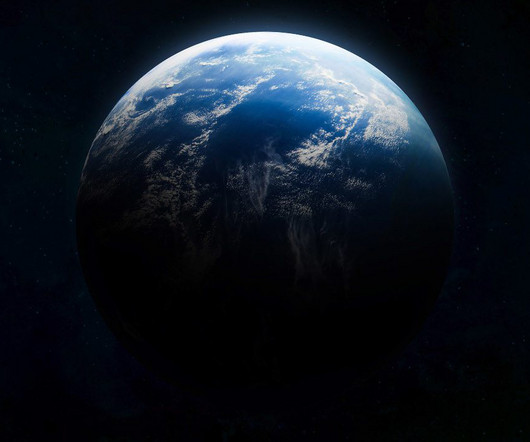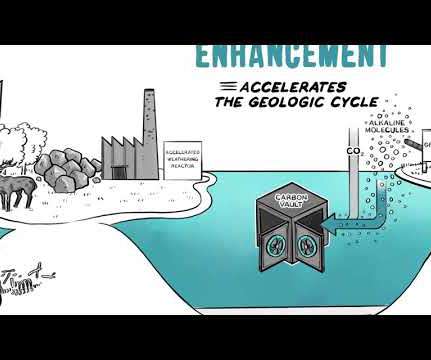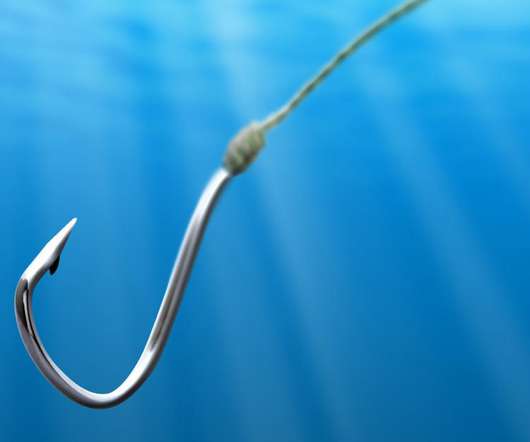5 Ways We Can Stop Ocean Acidification
The Environmental Blog
JANUARY 20, 2022
Although it may not be discussed frequently, ocean acidification is one of the biggest problems humanity (and the environment) faces today. The rising acidity of the ocean is not only harming biodiversity and marine ecosystems, but is impacting human industries that rely on the ocean’s resources.





















Let's personalize your content